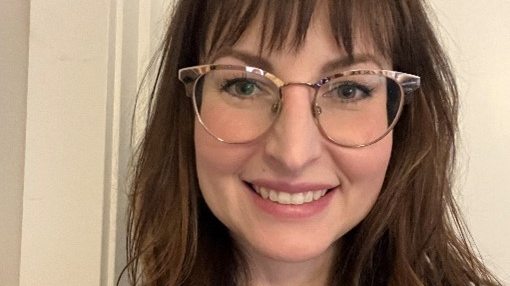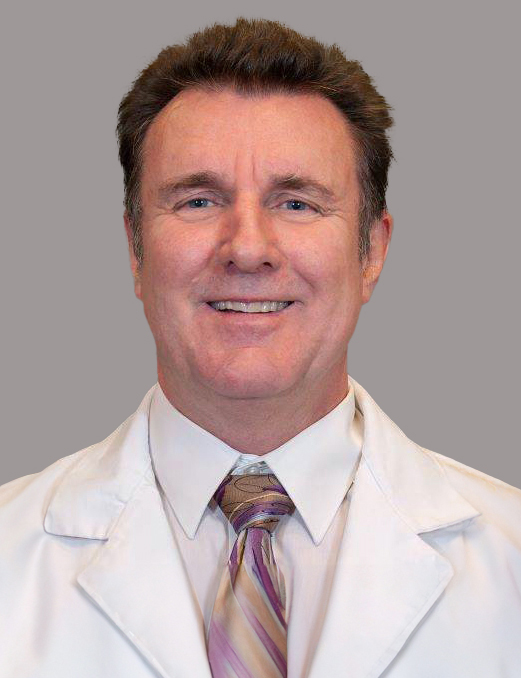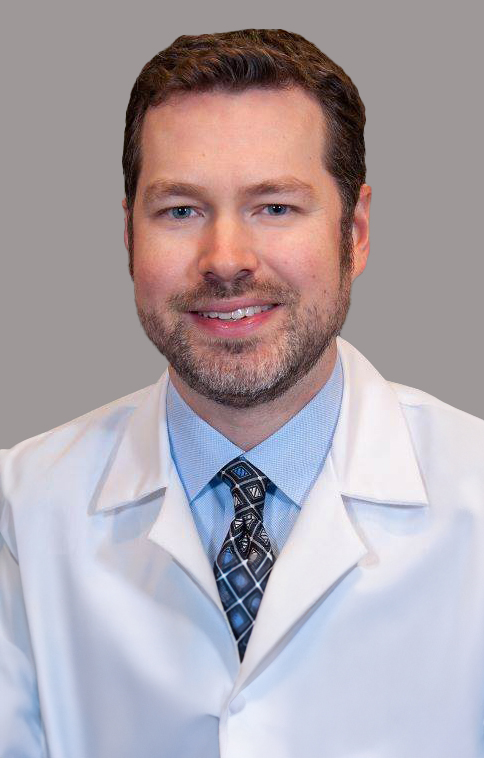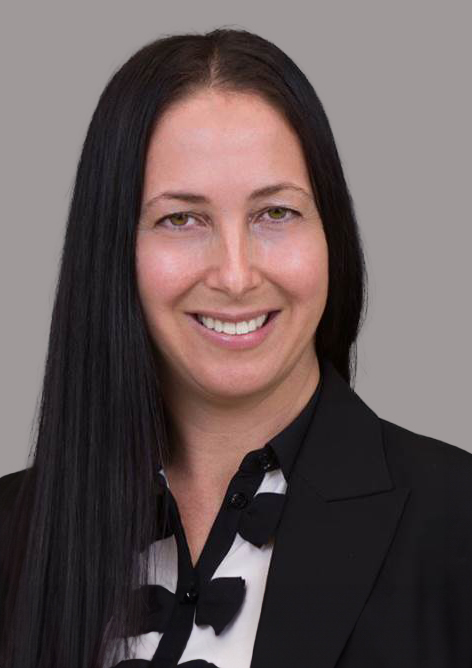How one ER visit changed this caregiver’s life

PeaceHealth’s Leslie Clements shares what it’s like to be on the other side of patient-caregiver equation.
Leslie Clements, is no stranger to medical settings. The director of palliative care at PeaceHealth has spent countless hours in patient care over the last 20 years.
Not long ago, however, she experienced her own medical emergency. And she came away awed by the compassionate care she received.
The surgery
Severe stomach pain sent Clements to the ER at PeaceHealth Southwest Medical Center in Vancouver, Washington. When emergency medicine doctor Daniel Hubbard, MD, overheard her symptoms, he took immediate action.
“He knew the emergency nature of it,” Clements says, “He explained calmly what needed to be done. He acknowledged it was a very painful condition and said, ‘I’ll get you taken care of.’”
She was diagnosed with intussusception. The serious condition happens when part of the intestine folds onto itself. Within three hours of her arrival at the hospital, Clements had emergency surgery. “If I had waited a little longer, I could have lost some of my intestines,” she says. “It was an intensely vulnerable time.”
Michael J. Casey, MD, who specializes in trauma and critical care, performed her surgery. Another trauma surgeon, Andrew W. Jennings, MD, also followed Clements’ weeklong hospital stay.
Their careful explanation and attentive care made a big impact on her, she says. Dr. Jennings knew she was a PeaceHealth employee, but most caregivers did not. “They all treated me amazingly without knowing who I was.”
The diagnosis
Most intussusception cases happen in children under the age of two. Since Clements’ diagnosis was unusual, gastroenterologist Dana N. Hemmati, MD, came in on her day off to see her after the surgery.
Dr. Hemmati ordered lab tests, blood work, and thoroughly interviewed Clements to make sure she got the best care possible. The test also showed that she has celiac disease, which makes it difficult to digest food containing gluten. That explained symptoms Clements had been dealing with for years. "For decades I didn't know this,” she says. “Overall, this was life-changing for me.”
The recovery
Throughout her recovery, Clements says every staff member she interacted with was “kind, present and caring.” She also praised PeaceHealth’s nurses for going above and beyond.
One float pool nurse made an effort to be assigned to her floor after Clements asked if she’d be seeing her again. Two certified nurse assistants helped her find a creative way to shower and protect her incision and IV site from getting wet.
And every PeaceHealth nurse she encountered supported and respected her, Clements says. They helped her manage pain or take walks down the hall. “I know I don’t know all their names, but I sure hope they read this and know who they are.”
She also says the support of her coworkers meant a lot. Her manager, Bryan Stewart, PeaceHealth’s system vice president of home and community services, and other directors checked in on her. “PeaceHealth is a not only a good place to receive care, it’s a good place to work.”
Gratitude goes a long way
With her expertise in palliative care and clinical social work, Clements knows the pressure that healthcare workers are under. That made her all the more grateful for the excellent care she received.
“Physicians don't often hear ‘thank you’ or ‘wow, that conversation was life changing,’” she says. “You wonder, does it matter? It does."
Daniel H. Hubbard MD
Daniel H. Hubbard MD practices Emergency Medicine in Vancouver.









